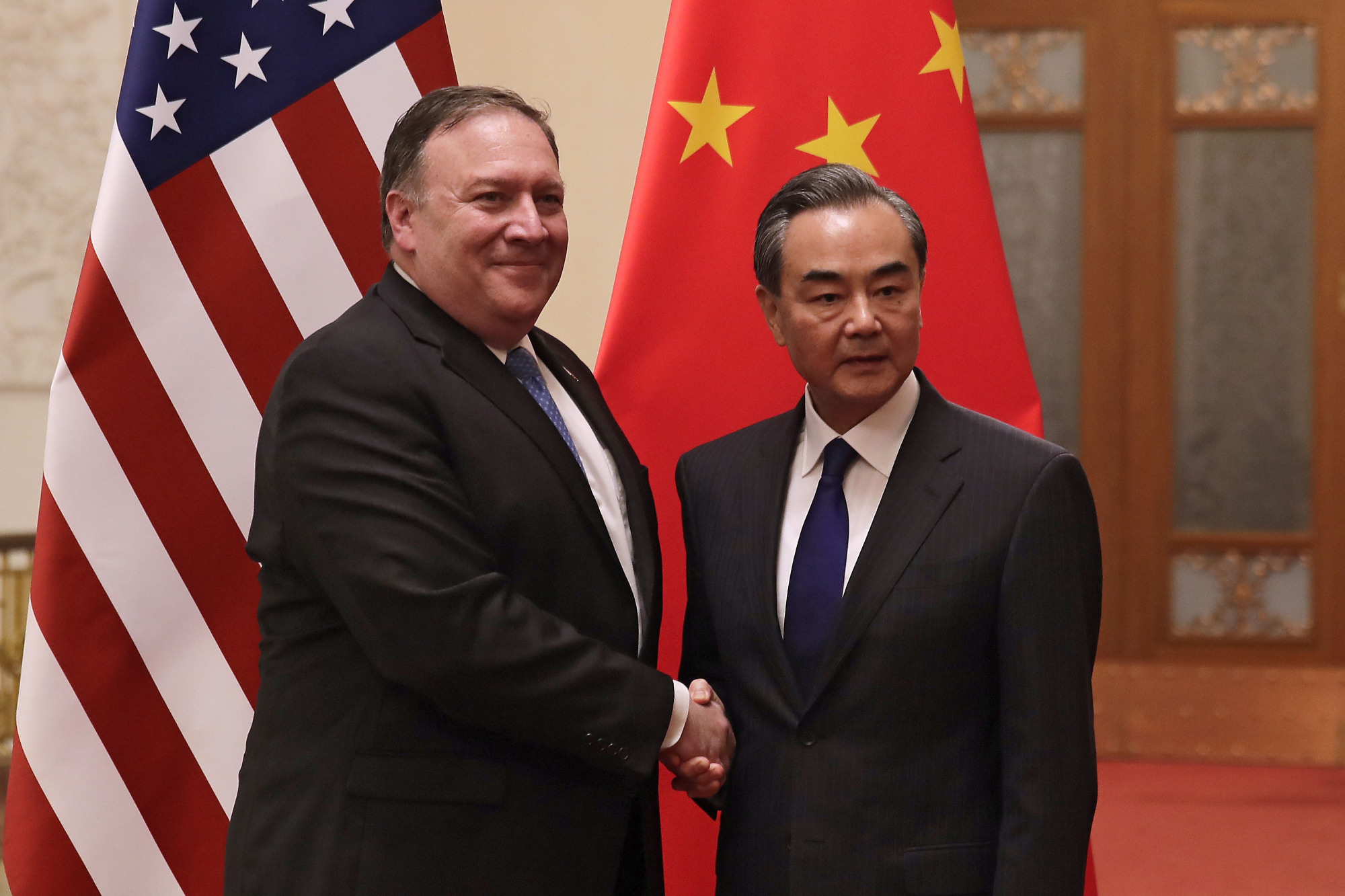U.S. Defense Secretary Jim Mattis has spoken out against China's strategy of "intimidation and coercion" in the South China Sea, including the deployment of anti-ship missiles, surface-to-air missiles, and electronic jammers, and, more recently, the landing of nuclear-capable bomber aircraft at Woody Island. There are, Mattis warned, "consequences to China ignoring the international community."
But what consequences? Two successive U.S. administrations — Barack Obama's and now Donald Trump's — have failed to push back credibly against China's expansionism in the South China Sea, which has accelerated despite a 2016 international arbitral tribunal ruling invalidating its territorial claims there. Instead, the U.S. has relied on rhetoric or symbolic actions.
For example, the U.S. has disinvited China from this summer's 26-country Rim of the Pacific (RIMPAC) naval exercise. The move has been played up as a potential indication that the U.S. may finally be adopting a tougher approach toward China. Mattis himself has called the decision an "initial response" to China's militarization of the South China Sea, which is twice the size of the Gulf of Mexico and 50 percent bigger than the Mediterranean Sea.


















With your current subscription plan you can comment on stories. However, before writing your first comment, please create a display name in the Profile section of your subscriber account page.